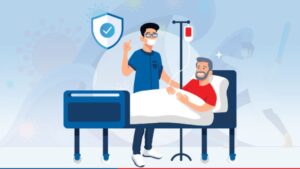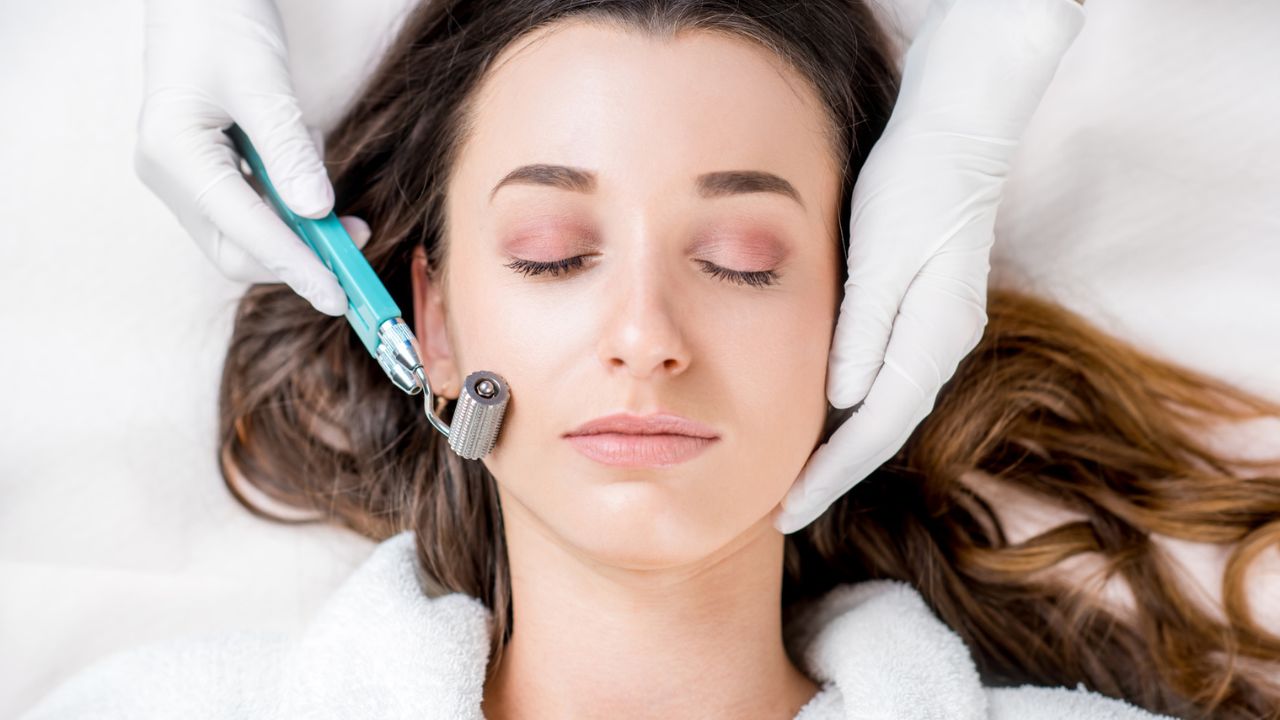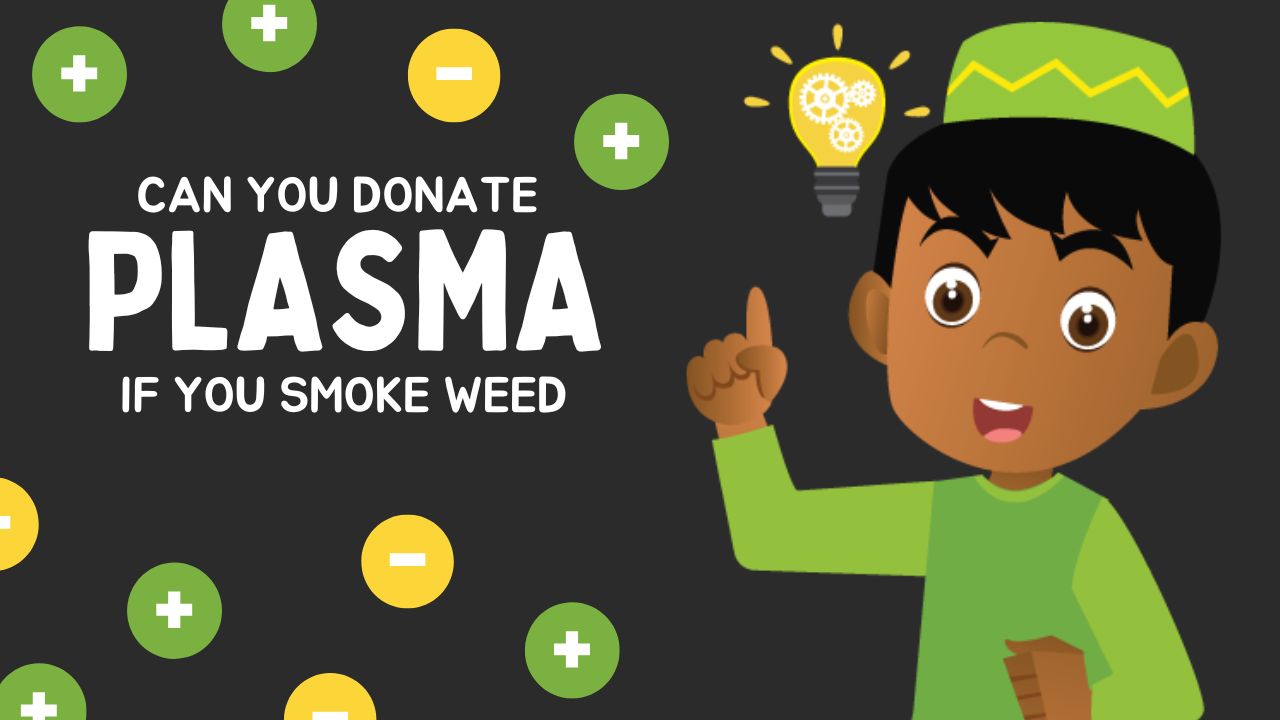10 Tips for Living a Healthy Lifestyle?

If you make healthy behaviors a regular part of your life, you will reduce your risk of developing chronic diseases such as diabetes, cardiovascular disease, and even cancer. On the other hand, leading a healthy lifestyle calls for continuous and unwavering effort.

10 Lifestyle Tips
1. Maintain a healthy diet
- Include a variety of foods in your diet. Consume a wide range of foods, including fruits, vegetables, legumes, nuts, seeds, and grains that are whole. Aim to consume at least five servings (400 grams) of fruits and vegetables on a daily basis, with an emphasis on eating those that are fresh and in season. Include fatty fish in your diet if you are not a vegetarian since omega-3 fatty acids, which are found in fish, can help avoid inflammatory disorders such as heart disease.
- Reduce your intake of salt. It is recommended that you limit your intake of salt each day to no more than 1 gram (or 1 teaspoon). Reduce the amount of salt you use when making your meal, cut back on the amount of high-sodium condiments such as soy sauce that you use on your meals, and steer clear of salty snacks. Your chance of developing high blood pressure will go down if you cut back on the quantity of sodium in your diet.
- Limit your sugar intake. Your daily intake of sugar should not exceed 50 grams, which is equivalent to roughly 12 teaspoons. You will be able to accomplish this goal if you abstain from consuming sweets, snacks, and drinks with added sugars, such as fruit juices and sodas. Your risk of getting diseases such as diabetes, heart disease, stroke, and certain malignancies will decrease if you cut back on the amount of sugar you consume.
- Steer clear of harmful fats. You shouldn’t consume more than 30 percent of your daily calories from fat. Stay away from saturated fats and opt instead for avocados, olive oil, fish, nuts, and seeds in your diet. Steer clear of foods high in saturated fats like red meat, butter, and cheese, as well as those high in trans fats such as baked goods and ready-to-eat meals that have been prepared.
2. Drink plenty of water
Keep in mind that you should consume 8 glasses of water every day. Water is essential for proper bowel function, good muscle performance, as well as immunological and skin health. Your body is composed of 80 percent water, and you need water to survive. Dehydration, weariness, headaches, dry skin, and a compromised immune system are some of the potential side effects of not drinking enough water.
3. Keep your body in shape
You should aim to exercise for at least 150 minutes each week, which is equivalent to 30 minutes on at least five days per week. The objective is to maintain a level of physical activity, and this can be accomplished through activities such as walking, running, swimming, or performing a Pilate workout at home. Not only does regular exercise assist in the maintenance of a healthy weight, but it also lowers the chance of developing ailments that are associated with leading a sedentary lifestyle.
4. Sleep well
There is a significant connection between getting enough sleep and having a healthy immune system. Your body repairs itself and gets stronger while you are sleeping if you get seven to nine hours of sleep every night. A restful night’s sleep is critical to the maintenance of both your physical and mental well-being.
5. Don’t drink too much alcohol
Consuming excessive amounts of alcohol over time can result in a variety of liver disorders and even cancer of the liver. Abuse of alcohol can also result in poor judgment, which can lead to an increased risk of accidents and injuries. Alcohol consumption should be restricted to no more than two drinks per day for men and no more than one drink per day for women.
6. Avoid smoking
Smoking is the primary risk factor for developing lung cancer all over the world. The risk of developing cancer in other organs is increased by smoking in addition to the risk of developing lung cancer. Additionally, it raises the likelihood that you may get heart disease.
Smoking is not only detrimental to one’s own health but also to the health of those who are in close proximity to the smoker. The lungs and airways are harmed by passive smoking, which is also a major contributor to the development of chronic obstructive pulmonary disease (COPD) .
7. Sun protection
A higher likelihood of developing skin cancer is linked to sun exposure that is both prolonged and frequent. When you are outside, you should avoid spending too much time in the sun and take precautions to protect yourself from the sun’s harmful rays by wearing long-sleeved clothing and applying sunscreen.
8. Be sure to wash your hands
A straightforward yet efficient strategy for preventing the spread of infection is to regularly cleanse one’s hands with soap and water or an alcohol-based hand sanitizer. Always keep in mind to follow this procedure before preparing or consuming food, after handling waste products, after using the restroom, and while providing medical care to a sick person.
9. Stress management
It is well established that stress can bring on a variety of ailments, from headaches to heart conditions. Find activities that help you relax, such as going to the movies to watch a humorous movie, painting, going for long walks, working in the yard, listening to music in a bubble bath, or viewing a hilarious movie online.
Conversation with loved ones and close friends is an additional productive method for releasing unpleasant ideas and emotions. When you tell trusted others how you’re feeling, it can provide almost instantaneous stress relief and help you let go of built-up tension.
10. Maintain a safe sexual environment
It is critical to one’s general well-being to attend to one’s sexual health and well-being. Utilizing condoms during sexual activity is one of the most effective ways to reduce your risk of contracting HIV as well as other STDs like gonorrhea and syphilis.
- Your Ultimate Guide to Travel Insurance for Adventure Sports
- A Guide to Renters Insurance for Pet Owners: Pet-Proof Your Policy
- Safeguard Your Future: Understanding Identity Theft Insurance
- Safeguard Your Event: Understanding Event Cancellation Insurance
- Everything You Need to Know About Critical Illness Insurance Riders
- Home Equity Loans vs. HELOCs: Which is Right for You?













One Comment